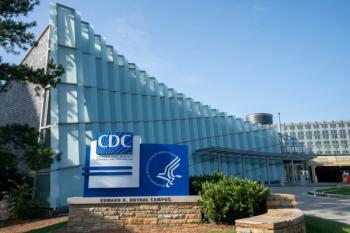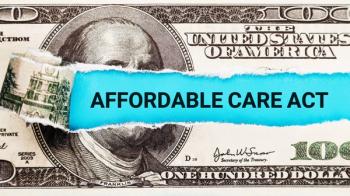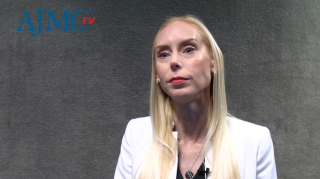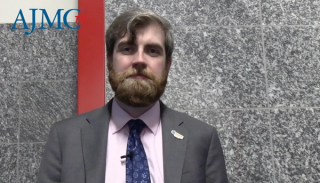
Policy
Latest News

Latest Videos

Podcasts
CME Content
More News

The Rural Health Transformation Program invests $50 billion to enhance health care access and quality in rural America.

A secret shopper survey (N = 8306) in Pennsylvania’s Affordable Care Act (ACA) Marketplace found inconsistencies between carrier regulatory filings and provider directories, frequent inaccuracies in regulatory filings, and challenges in securing timely appointments.

This study examines the impact of the Affordable Care Act (ACA) on substance-associated emergency department (ED) visits among young adults, revealing reduced alcohol-associated visits but unchanged opioid-associated visits.

In a recent webinar, experts explored the Most Favored Nation mandate’s implications on drug pricing, patient access, and pharmaceutical innovation.

Participating hospitals in the Prime Vendor Program and the 340B program spent nearly $37.3 billion more on drugs from 2010 to 2021.

This case study describes Tennessee’s process for convening key stakeholders to develop uniform payment guidelines to encourage increased preventive service delivery.

This article presents a case study of how stakeholders in one state came together to integrate practice and research that is a step beyond a learning health care system.

FDA intensifies efforts against misleading drug advertisements, aiming for transparency and accountability in pharmaceutical marketing practices.

New guidelines and advocacy enhance myasthenia gravis treatment access, promoting proactive management and improved insurance coverage for diverse patient populations.

Panelists at the Community Oncology Alliance Payer Exchange Summit discuss the urgent need for innovative reimbursement models in cancer care to match advancements in biomedical technology and drug discovery.

Many states are enacting restrictions on insurers’ prior authorization policies, but these laws may increase costs and lead to other undesirable consequences.

To mark the 30th anniversary of The American Journal of Managed Care, each issue in 2025 includes a special feature: reflections from a thought leader on what has changed—and what has not—over the past 3 decades and what’s next for managed care. The September issue features a conversation with Dora Hughes, MD, MPH, chief medical officer and director of the Center for Clinical Standards and Quality at CMS.

The governors of Washington, California, and Oregon have launched the West Coast Health Alliance to provide evidence-based guidance amid shifting CDC policies.

Why is health care so staggeringly difficult to use? How do we fix it? To move forward, we first must look back, because the system we have today was not really designed, it evolved, notes Ariela Simerman, Turquoise Health.

Chris Johnson, MBA, emphasizes that the constantly shifting landscape of Medicaid could further confuse both patients and health care providers, potentially leaving children behind.

Medicaid expansion significantly improves health coverage and access, yet several Southern states face a persistent coverage gap amid political challenges.

The Trump administration recently signed an executive order to address homelessness, sparking concern in some based on the order's wording.

New research highlights which US counties lead in patient experience, health outcomes, and cost efficiency—and the policies that drive success.

Treatment challenges that Anasuya Gunturi, MD, PhD, encounters in her work at Lowell General Hospital include language differences and confusion about scheduled appointments.

Research reveals a significant decline in reported conflicts of interest among the CDC's and FDA's vaccine advisory committees, challenging Robert F. Kennedy Jr's claims.

Given the track record of good outcomes and savings, policy leaders must do more to promote growth of for-profit PACE programs, the author asserts.

Laxmi Patel, chief strategy officer at Savista, outlines major impacts of the “One Big Beautiful Bill” Act on Medicaid and what hospitals can do to prepare for these changes.

Clayton Irvine, PharmD, MBA, MS, discusses strategies to address payer-driven biosimilar and prior authorization challenges through integrated digital solutions, while advocating for flexible, regularly reviewed treatment pathways supported by molecular tumor boards and artificial intelligence to balance standardization with personalized, biomarker-driven oncology care.

Proposed Affordable Care Act (ACA) premium hikes threaten health care access, with potential increases of over 75% for enrollees.

A new partnership delivers a scalable Fast Healthcare Interoperability Resources solution to help payers meet CMS' Interoperability and Prior Authorization Final Rule by 2027.



















